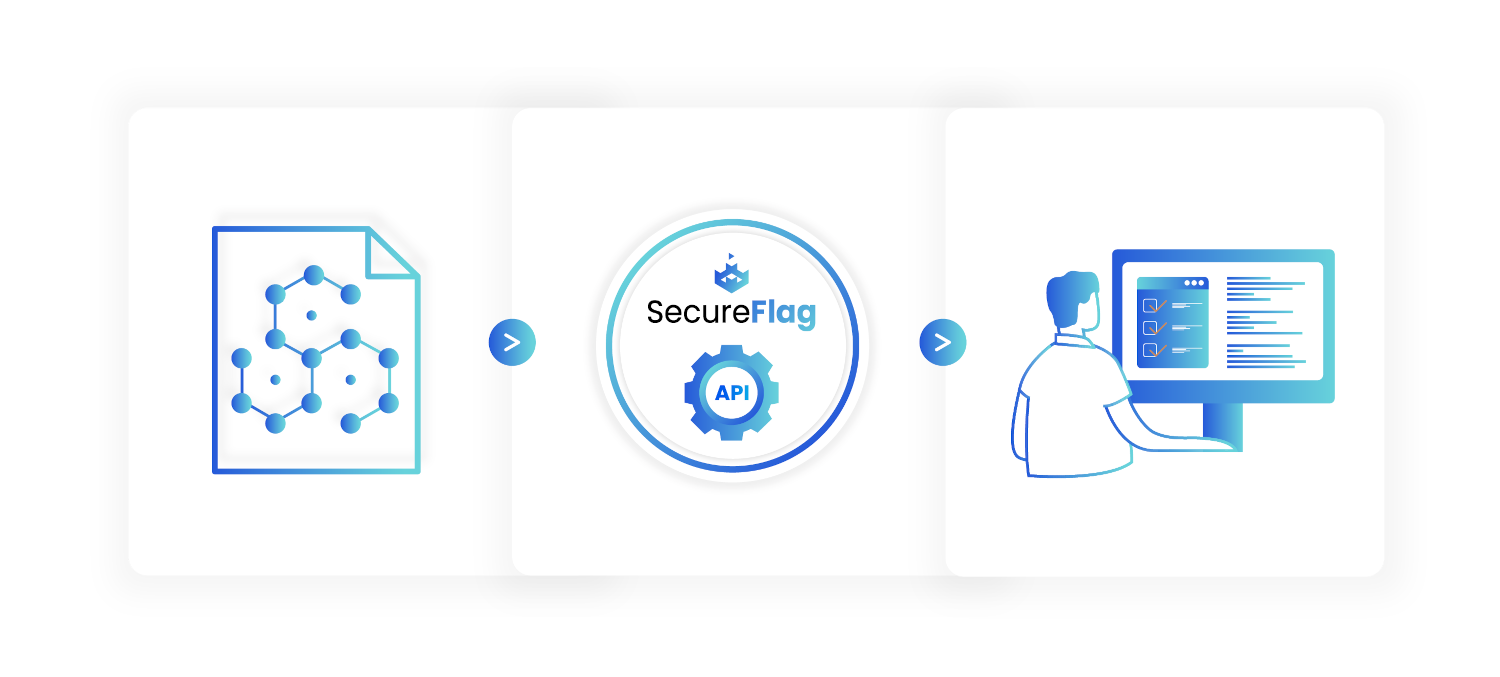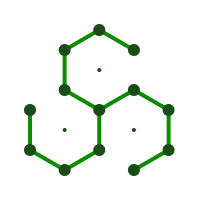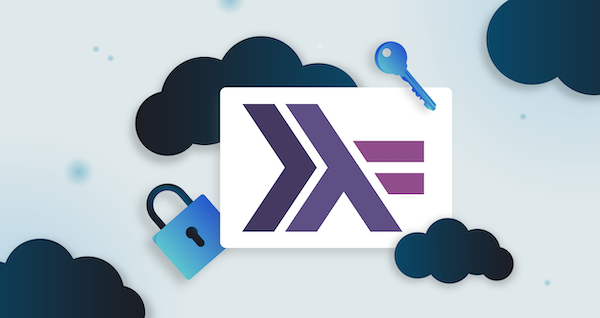Static Application Security Testing (SAST) is becoming increasingly popular, with a variety of tools like Codeguru and Fortify being utilized by companies. However, knowing where a vulnerability exists does not necessarily translate to understanding how to fix it or prevent it from reoccurring. SecureFlag’s new SARIF integration bridges this gap by offering targeted training based on the security results from third-party security scanners, empowering developers with actionable advice to address identified issues.

Understanding SASTs
SAST, also known as static code analysis, examines an application’s source code to identify potential security flaws. By scanning source code, SAST tools can catch issues early in the development process, keeping security top of mind and preventing problems from escalating later on.
Many SAST tools easily integrate into CI pipelines, such as GitHub Actions, enabling teams to receive automatic reports that highlight any overlooked or hidden issues.
The Role of SARIF in Security Scanning
SARIF (Static Analysis Results Interchange Format) is an OASIS standard that defines a common output file format for SAST tools, facilitating seamless integration with third-party platforms like SecureFlag.

You can read more about SARIF here.
Introducing SecureFlag’s SARIF Integration
SecureFlag’s SARIF integration offers customers valuable context about detected vulnerabilities, including potential attack scenarios and remediation steps through our contextual training. This allows developers and security teams to prioritize vulnerabilities and address their root causes more effectively. Moreover, the integration can intelligently detect and assign labs based on the programming language most prevalent in the SARIF file, ensuring that the training content is tailored to the team’s specific technology stack.
SecureFlag’s platform supports Snyk, Checkmarx, Fortify, Veracode, Coverity, and Codeguru, while also attempting to extract results from other scanners not explicitly mentioned. Full support can even be added to additional scanners upon customer request.
This new feature transforms scan results into a customized training list for developers, creating valuable learning opportunities rather than leaving them to search aimlessly for fixes.
SecureFlag’s SARIF integration highlights the importance of open standards like SARIF in enabling seamless integration between various tools and platforms. As more companies adopt SAST tools and incorporate them into their workflows, standards like SARIF will be crucial for effective and efficient communication and collaboration.
By leveraging SecureFlag’s SARIF integration, development teams can gain valuable insights and targeted training to remediate vulnerabilities, ultimately improving application security and fostering a culture of continuous learning.


